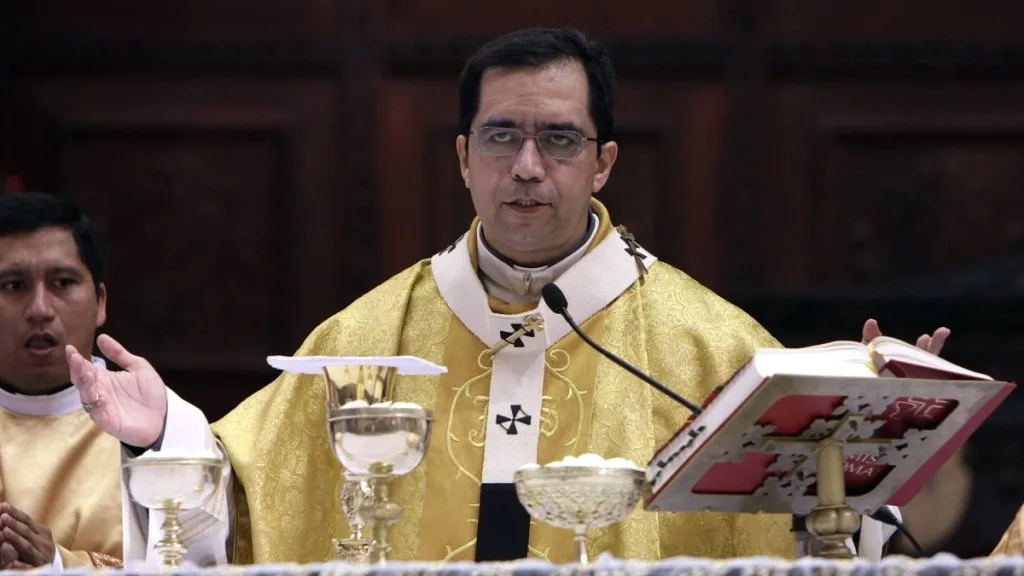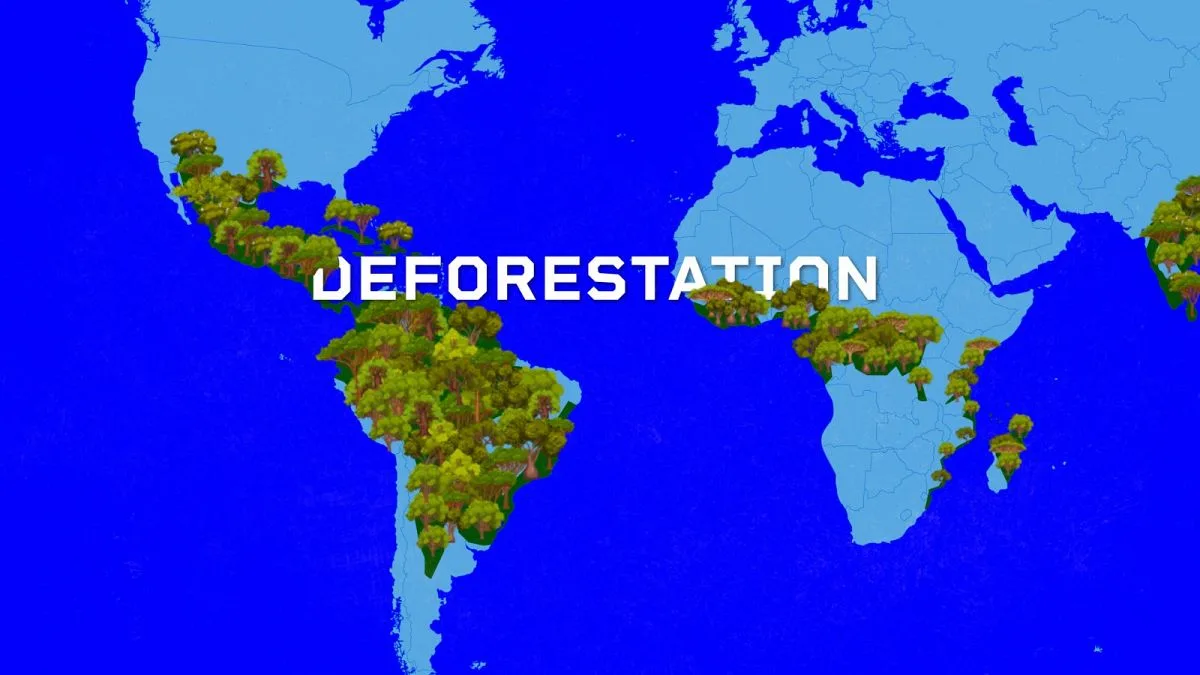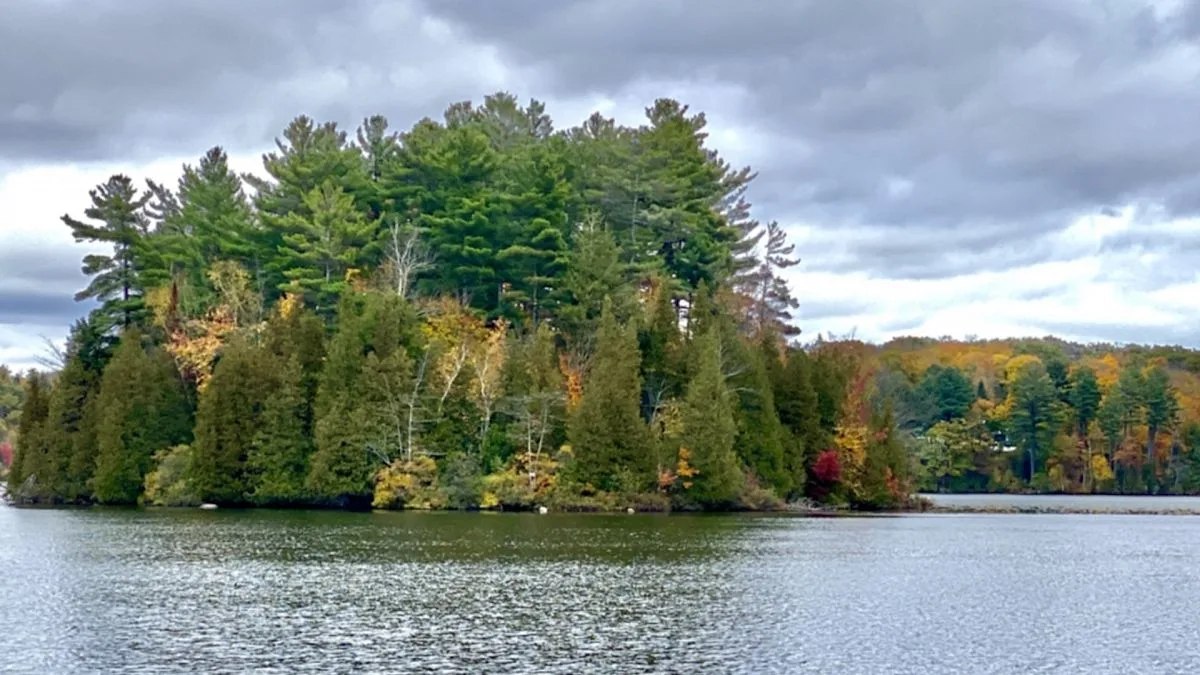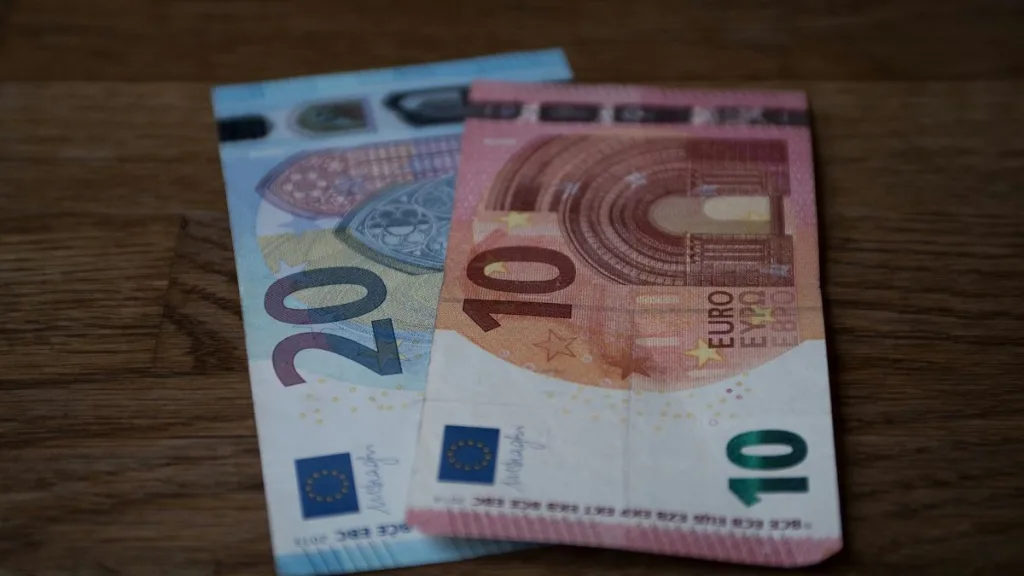In a decisive move to safeguard its precious water resources, El Salvador implemented a ban on all types of metal mining, both above and below ground, in 2017. This measure aimed to prevent potential contamination in the environmentally delicate nation’s water supply.
The Roman Catholic Church is now urging El Salvador’s President Nayib Bukele to maintain this crucial ban on gold mining. Archbishop José Luis Escobar Alas expressed his concerns, stating, “It will damage this country forever,” during a recent address.
This plea comes in response to the growing worries voiced by various civic and environmental organizations after President Bukele described the seven-year-old mining ban as “absurd.” On social media platform X, he remarked that unmined gold represented “wealth that could transform El Salvador.”
With Bukele’s political party holding overwhelming control in Congress and the opposition significantly weakened, a formal proposal to lift the ban is likely to face minimal opposition.
Since the 2017 ban, the exploration of gold and silver deposits had shown promise, but there has been no large-scale mining activity to date. The exact extent of the country’s gold reserves remains uncertain.
Interestingly, Bukele, who was re-elected recently and supported the mining ban during his initial presidential campaign in 2019, has now suggested implementing a “modern and sustainable” form of mining that promises to protect the environment. However, this shift in stance has drawn sharp criticism from environmental advocates.
Amalia López, a representative from the Alliance Against the Privatization of Water, challenges the notion of “green mining,” stating, “It’s not true that there’s green mining; it’s paid for with lives—kidney issues, respiratory problems, and even leukemia that may not show up immediately.” Their concerns emphasize the substantial amount of water used in mining processes and the risks associated with storing water polluted by heavy metals.
Photo credit & article inspired by: Euronews



